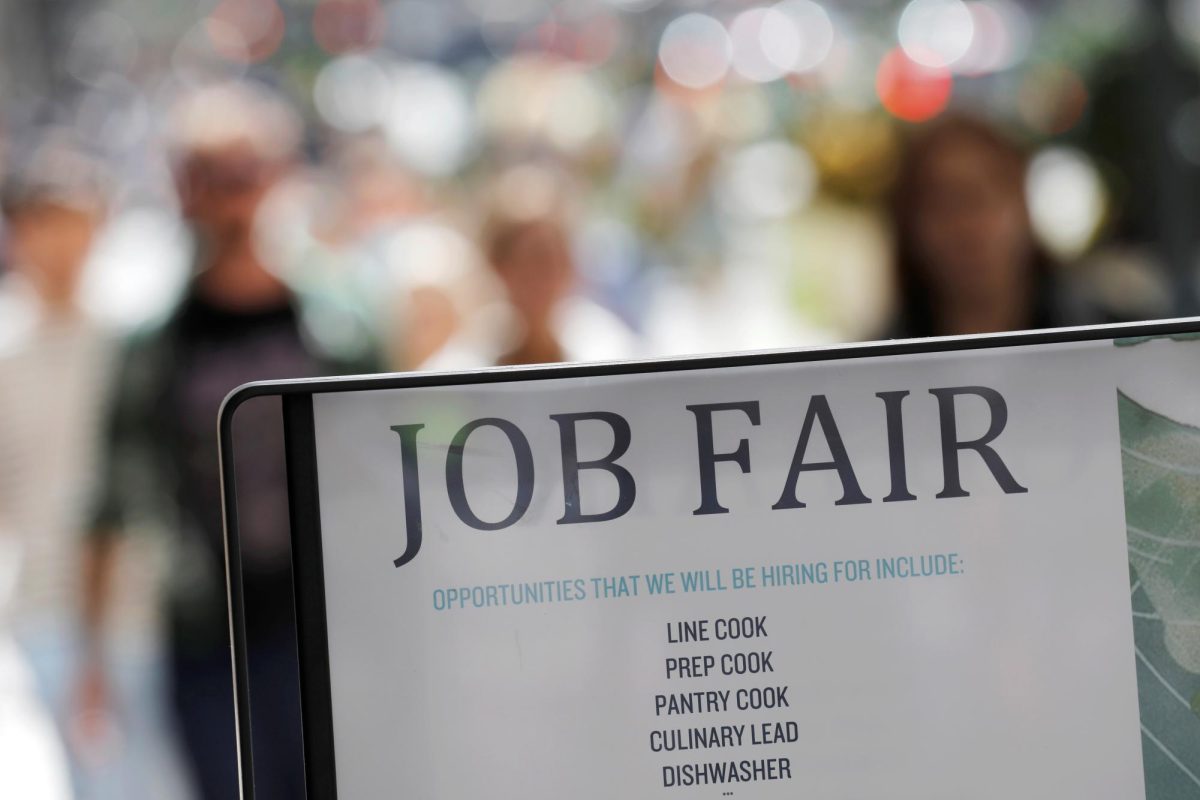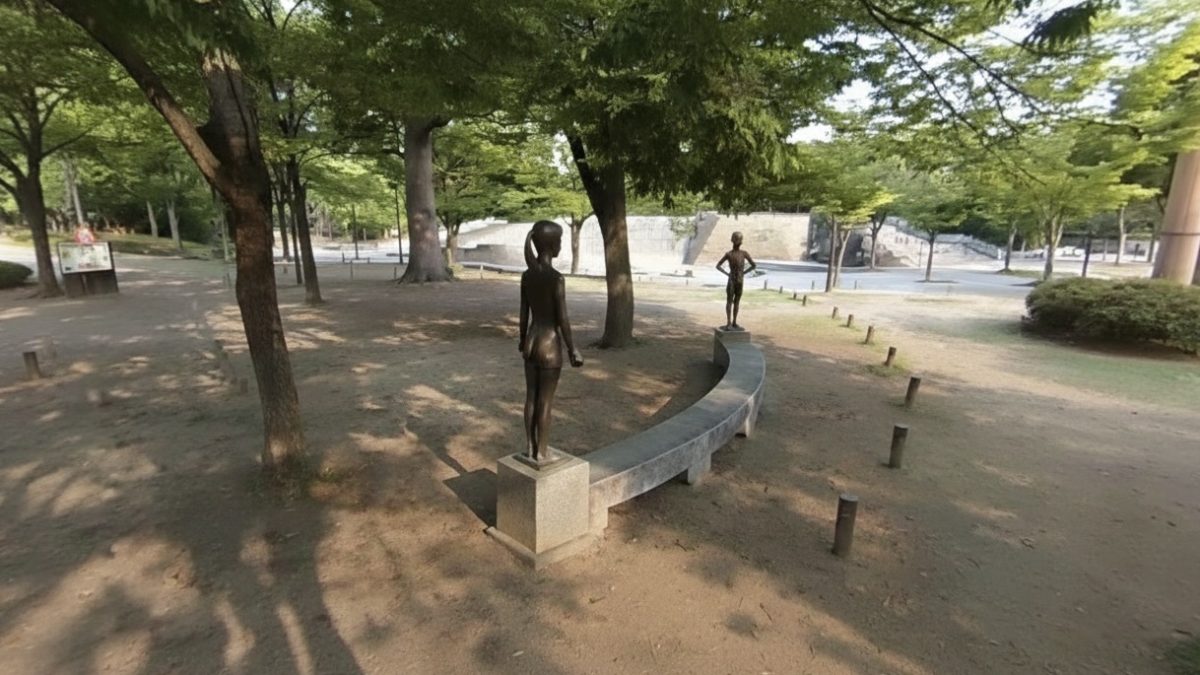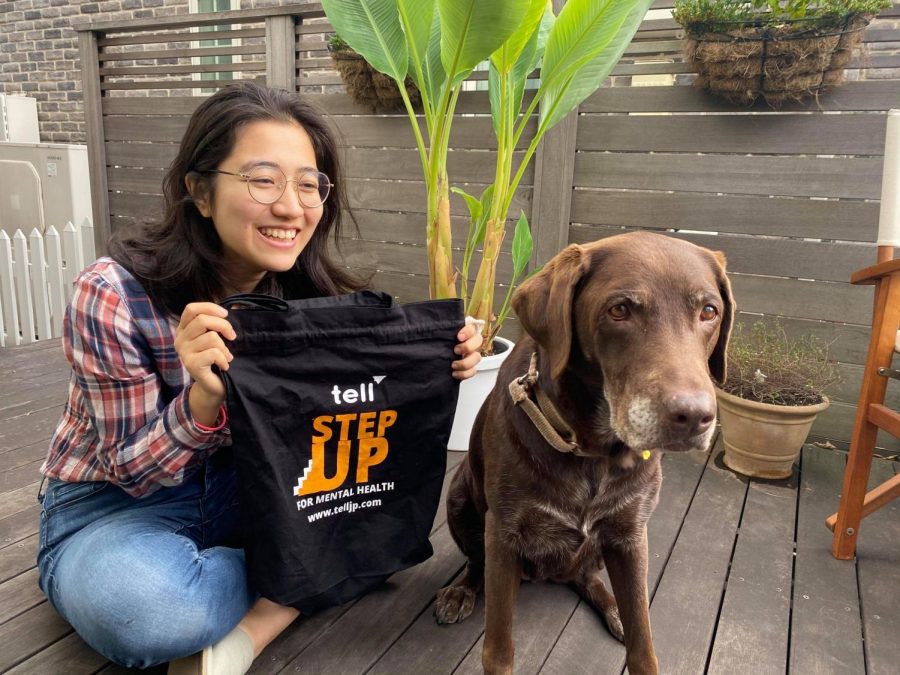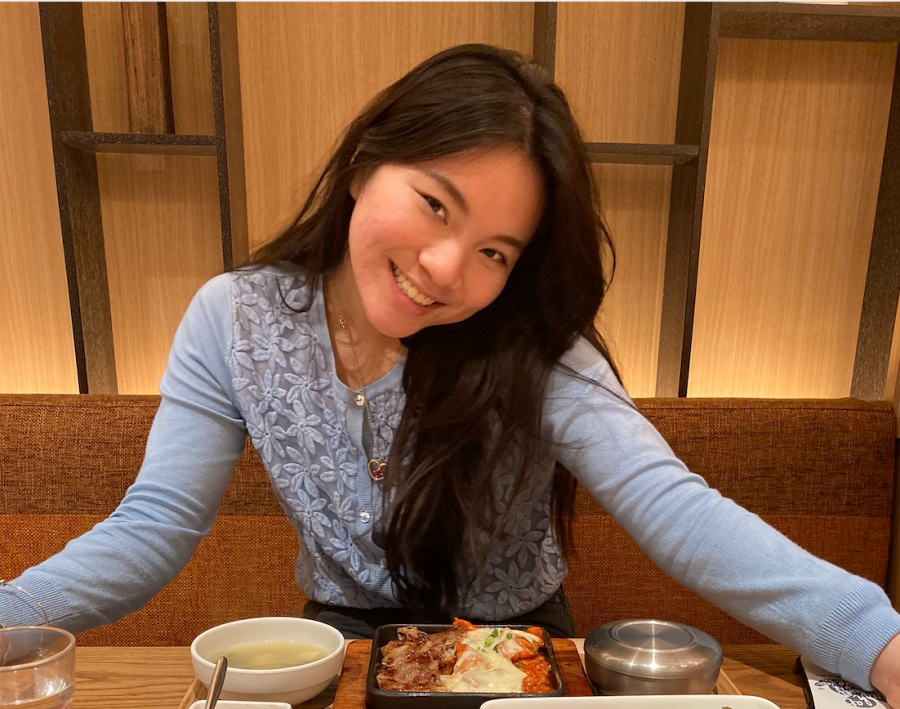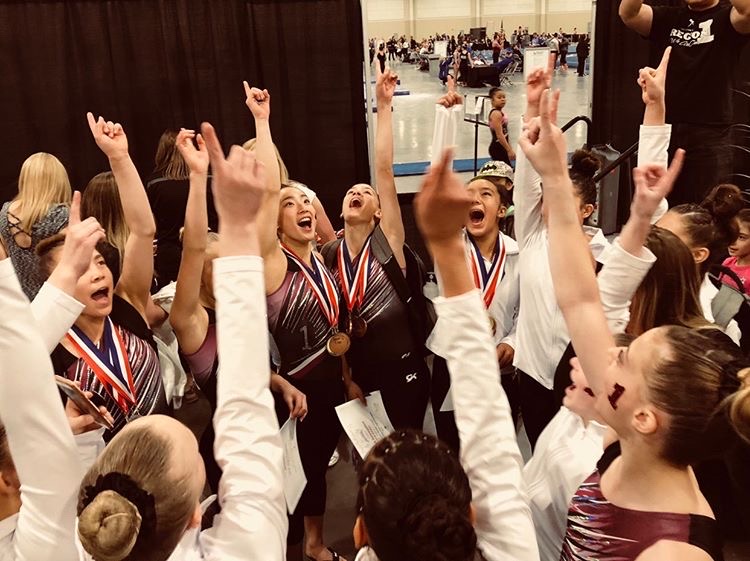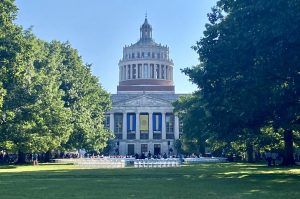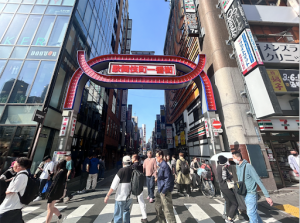2014 Far East Journalism Conference: delayed, relocated, and understaffed
May 28, 2015
From April 14 to 17, the 2014 Far East Journalism Conference took place in the Yokota Air Force base in Fussa, six months after the usual date.
Traditionally held in October at the New Sanno in Tokyo, this is the first time in many years the conference has been moved to a base and the second consecutive year the conference has been delayed. The 2013 FEJC was postponed from October 2013 to February 2014 due to a budget cut.
Although organizers and students were glad the Conference was happening at all, the purpose of FEJC is to assist students in improving their newspapers and yearbooks, but the April date is too late. “Our last yearbook deadline will be in early April, so an April conference will have little impact on our school’s yearbook,” said Mr. Greg Holladay who co-hosted the FEJC last year.
Moreover, the few teachers who were able to attend the delayed Conference had a lot of complaints about the location and structure of the FEJC. “Yokota was basically a prison. There was no way we could go anywhere with our kids. It was basically twelve hours of work in a dank place with two vending machines,” said Ms. Michelle Pell, a teacher in Daegu High School. The students felt similarly, especially in regards to the lack of sponsors. Emily, a sophomore from Osan American School in Korea who also attended the delayed conference last year said,“There were not sponsors assigned to each team to provide guidance, which created a lot of confusion. If it had been my first FEJC, I would not go again.”
According to the organizers, the unsuccessful change was due to money. “There were concerns that the cost of having at the Sanno was rather high because of renting the meeting rooms to accomplish the tasks,” said Mr. Ornauer, a reporter for Stars and Stripes.
Oddly enough, however, this winter, the Drama and Entertainment Arts festival was held at Temple University in Tokyo and the students stayed at the New Sanno.
This odd arrangement with other conferences at the same venue which was previously considered costly suggests that other conferences are being prioritized over the Far East Journalism Conference. “[This situation] is unfair to seniors who have not been to the conference yet and who have been working towards this opportunity,” said Mr. Ornauer.
If the knowledge acquired in the Conference will be of little or no use for students this school year and the DoDEA seems to be disregarding the FEJC, then the purpose of this untimely Conference is put to question.
“The best conditions for the conference would be to move it back to the New Sanno or somewhere equitable in October or November, when the information provided by the wonderful presenters we bring in with be useful throughout the next school year,” said Ms. Pell.

